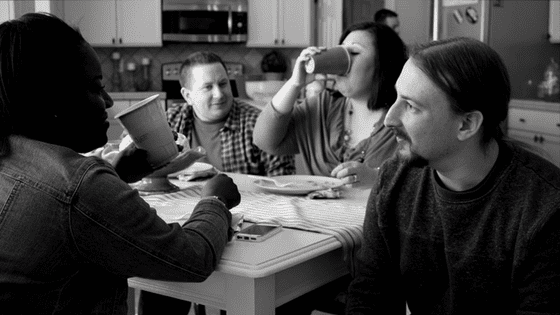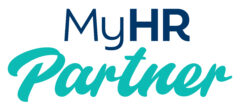During programs I’ve been running for leaders I’ve found two of the things that resonate the most with people (during this program) are open questions and active listening. In my opinion they go hand in hand.

Before we go into this let’s look at what they actually are (Extract from Business Dictionary):
- Open Questions – Unstructured question in which (unlike in a multiple choice question) possible answers are not suggested, and the respondent answers it in his or her own words. The question must have more than a one or two word answer.
- Active listening – The act of mindfully hearing and attempting to comprehend the meaning of words spoken by another in a conversation or speech. Activity listening is an important business communication skill, and it can involve making sounds that indicate attentiveness, as well as the listener giving feedback in the form of a paraphrased rendition of what has been said by the other party for their confirmation.
In order to ask relevant open questions you must actively listen. Active listening for my participants has meant slightly different things to each of them. Some of them have realised that they don’t dedicate time to the people that would like to see them. Simple actions can be taken to actively listen, from turning your phone on silent to quietening your own self-talk (or business) or, if they are sitting at a desk turning off their monitors so they aren’t distracted.
Open questions are gold. During the program we do a three-part activity where the participants have to ask me questions, the activity progressively gets harder and generally the participants are amazed that something that appears so simple isn’t always that – simple. Open questions (and active listening) are in my opinion one of the keys to having deeper conversations. It doesn’t matter if it’s in the office or at home. Sometimes you may ask a question that appears ‘open’ only to receive a one or two word answer, that’s ok, keep on trying and ask another question about their response that opens it up. Eg. You could ask someone “How was your day”, this question could go anywhere really. The most common reply is “good” mmmm you might think, that really didn’t give me much of an answer. You could back up this response with “That’s great, I’d love to know more, what specifically has been good” or something like that. Have a play with this.
If you’d like to have a look at how closed questions can make for an awkward conversation take a look at this interview with Jerry Lewis – obviously there are also other things at play however if more open questions were asked the interview might have taken a turn for the better. Enjoy.
Tips on how to ask an open question:
- Ask about feelings and opinions
- They usually begin with What, Why, When, and How
- They have more than a two word answer
- If the person ‘closes’ the question, ask for more information
- Make the question specific, if too generic you may not get the information you require
- Quieten your mind
- Don’t jump in quickly trying to solve their problems, try and understand them first.
Tips on how to actively listen:
- Eye contact
- Positive body language
- Ensure you give them your full attention – turn away from your computer and or phone
- Ask probing questions
- Ask for clarification
- Be curious
- Rephrase what the person just said (in their words)
- Reword what the person just said (in your own words).
My challenge to you…. If you choose to accept it.
- For one day notice the types of questions you use to have your conversations as well as your active listening – don’t try and change a thing. Simply notice (for a bench mark).
- Aim to frequently use more open questions to learn more along with an increase in active listening, make sure you are using more open questions and active listening then day one.
- Only use closed questions when you need to move on from that topic and onto something else
- If you mean to ask an open question and start with a closed question, end the question with a request for more information. Eg. Did you like this article <Closed>… if so, what specifically did you like about it <Open>?
- Take a look at your environment and make any changes to ensure you can more easily active listen – some people have moved their office around, allowing them to fully concentrate on the person they are talking with.
- Lastly, do all of this not only at work but at home too.
Enjoy the changes you see and feel.


















